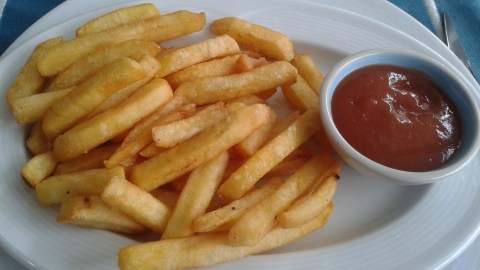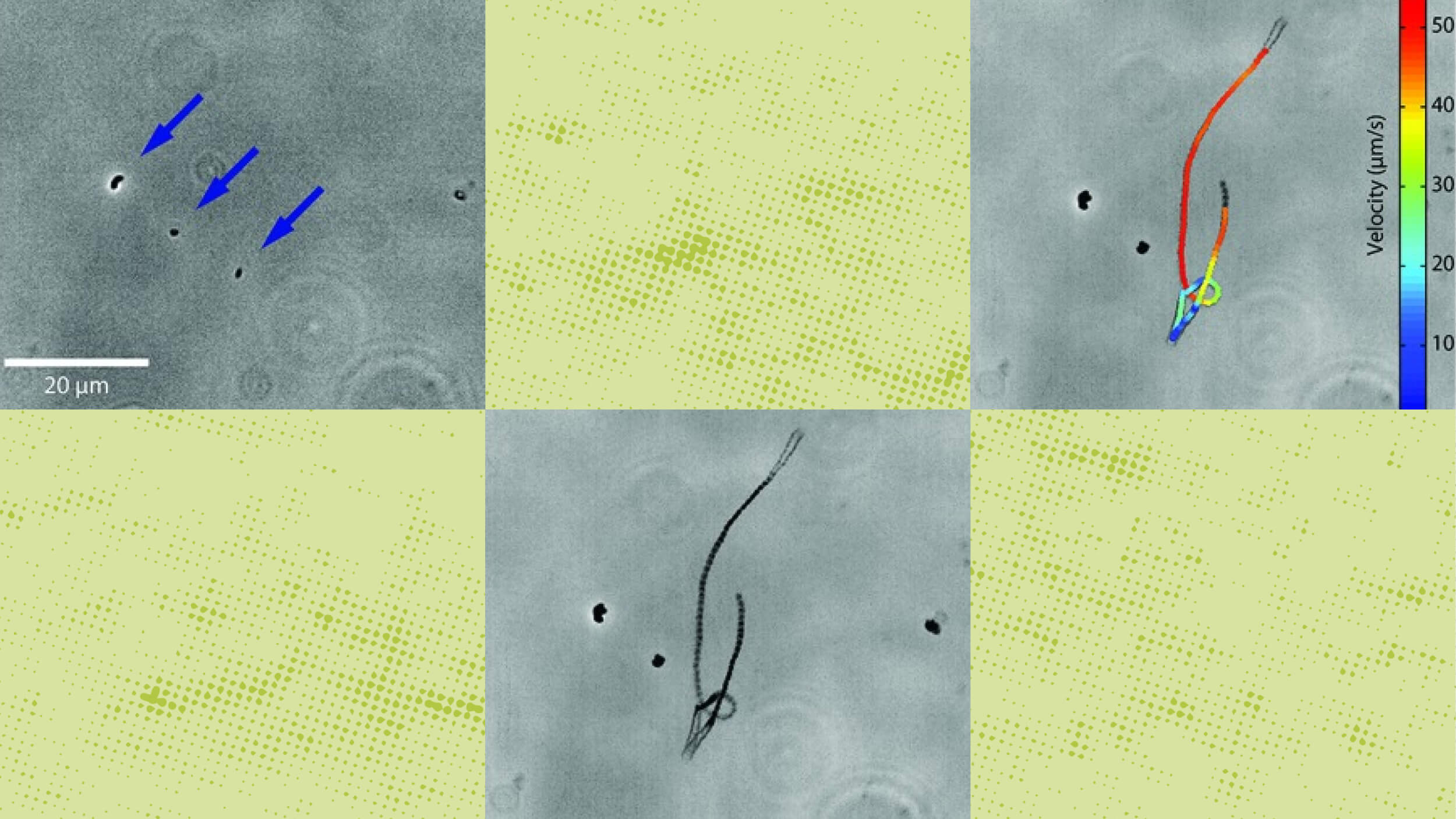The Environmentally Friendly Potato Environmentalists Can’t Love

It is fascinating to observe the dance some people do to maintain views that fly in the face of the facts, like those who deny the findings of every major scientific body in the world that there are no known health risks from agricultural biotechnology, aka GMOs. Those who stubbornly deny that consensus and, motivated by deep worldviews and values, twist the evidence to support their opposition to genetically modified food, will have to do some serious dancing in order to battle the latest development in ag biotech; the Innate Potato.
Cooking potatoes (and many foods) causes the Maillard reaction, an interaction of sugars and amino acids perhaps most familiar in the brown color of bread crust. In addition to the wonderful aromas and flavors it helps produce in many foods (grilled meat, popcorn, bread, cookies, coffee, caramel, French fries), the Maillard reaction also produces something called acrylamide. In high enough doses (WAY beyond what we get from a normal diet) acrylamide is a suspected carcinogen.
When this was first reported by Swedish scientists in 2002, many environmental, public health, and organic food advocates rushed to demand government bans on acrylamide content in food. French fries quickly became a target. California, home of Proposition 65, which requires the labeling of anything containing carcinogens, sued McDonald’s and several other fast food companies for failing to label their fries as containing acrylamide. The U.S. Food and Drug Administration found that the doses of acrylamide we consume are not dangerous, but facing an uproar of fear put out an Advisory on how to reduce your intake. Guess what food was pictured with that report. Fries.
So wouldn’t it be great if potatoes could be altered so that heating doesn’t produce acrylamide? That’s what the Innate potato does, in a process that also reduces the black spots caused by bruising when a potato is dropped or bumped, which causes millions of tons of potatoes to be thrown out. Wow! A potato that doesn’t bruise, reducing food waste, and which, when cooked, doesn’t produce a carcinogen. That’s environmentalist heaven, right?
Not so fast. To create this seemingly healthier potato, biotechnologists add some genes from other potato varieties (the same way “natural” hybridization sometimes does, mixing genes from variants of the same species) to turn off a few genes in the Innate potato. And that is enough to turn on the opposition from anti-biotech groups, some of them the very same folks who a few years ago were sounding the alarm about acrylamide. The Center for Food Safety has attacked the Innate potato and others are applying many of the same psychological risk perception fear factors they employ to raise alarm about all agricultural biotechnology; Innate fries won’t be labeled (a risk imposed on us feels scarier than one we take by choice), the science is “little understood,” the new potato hasn’t been adequately tested. (Uncertainty makes any risk scarier.)
But more interesting are the gyrations GMO opponents do to dance around the hypocrisy of opposing something that would solve a problem they want solved. Like:
“It is unclear whether the observed reductions will lead to positive health outcomes, given that acrylamide is found in many other foods.”
So let’s not take acrylamide out of potatoes just because it’s in other stuff too?
and
“Fried potato products have other serious negative health effects.”
And that’s a justification for not at least removing the potential carcinogen you are so worried about?
Or how about this stunner;
“In light of the obesity crisis, there has been an important national push to discourage children and adults from eating large quantities of fried foods like French fries or chips. In creating the false illusion that fried potatoes are now healthy, the…potato sends the absolute opposite message.”
What? Removing the acrylamide is going to completely erase everything else we know about the danger of eating too much fatty or fried food?! Come on, people! These arguments are embarrassing.
Or at least you’d think they would be. But through the powerful lenses of our values and worldviews, logic and objectivity readily give way to ‘motivated’ reasoning that allows us to see facts the way we want to see them. And the people with the darkest lenses about genetic modification are deeply troubled by the harm that modern technologies have done to our natural world, and deeply troubled by a belief that our society is controlled by big greedy companies (Monsanto is just the poster child) that profit from these technologies. So anything that messes in any way with DNA – the very essence of what is natural – is unacceptable, especially if big companies are doing it and profiting. That violation of basic values trumps everything else, including the potential benefits of GM crops.
These are honorable values. I share them. The problem is, held in extremes they can blind us to reasonable decision making, or even an honest view of the facts. Such as the fact that, unlike gene transfer across species that has created some GM crops, this potato is engineered using the same natural hybridization process humans have used for thousands of years, mixing the genes of varieties of the same species, which has produced many of the fruits and vegetables and animals we eat. The only difference is those hybrids – genetic mutants all, every one of which has prompted changes in the flora and fauna of the environments into which those new species are introduced – were produced in fields and orchards and greenhouses, sometimes by small farmers, not in the science labs of huge multi-national corporations. And that, not the actual safety of the product, makes all the difference.
The ability to manipulate the genome of plants and animals more precisely than the old “natural” method has profound potential benefits. A passionate few would deny society those benefits because the way those benefits are achieved offends their values. The values debate about agricultural biotechnology is an important conversation that society ought to have. It’s just too bad we can’t have it separate from an honest consideration of the facts, because as this new potato and the whole GMO debate illustrates, facts get caught up and mangled by the subjective way human cognition turns evidence into opinion. And that doesn’t produce the most informed choices that would do us the most good.





